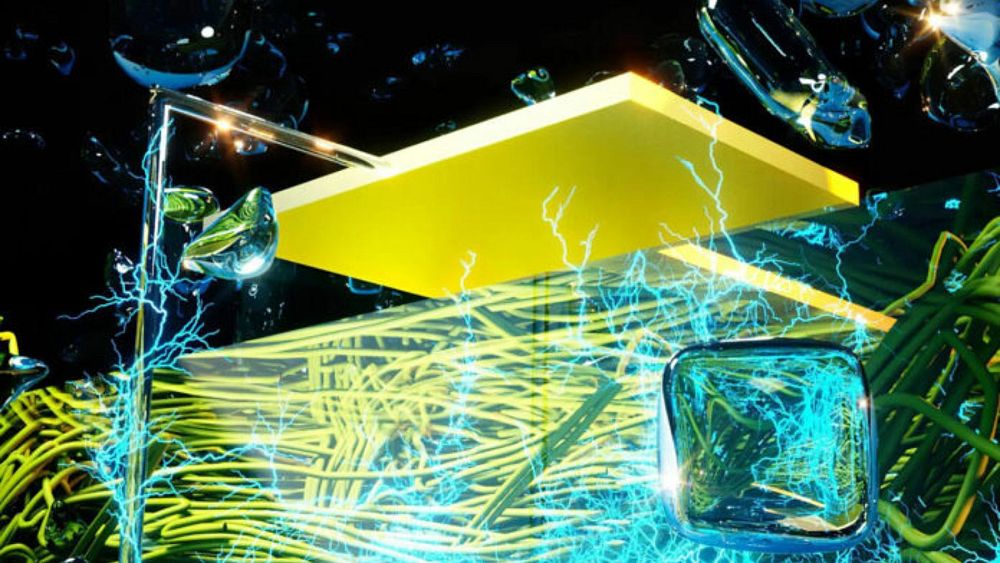
Scientists in the US have developed a device that can harvest humidity in the air to create a clean electricity supply. According to the researchers “nearly any material can be turned into a device that harvests electricity from air”.

A Saudi Arabian team has achieved a record level of efficiency with what's known as a 'tandem' solar cell: one that combines two different materials.

Plastic-munching bacteria capable of breaking down plastic waste in a matter of hours have attracted much attention lately as a microscopic solution to the world's growing plastic problem.

TIPA, a compostable packaging company, makes fully compostable bags for shipping products in multiple stages of the supply chain. Swapping out traditional plastic bags means introducing a fully circular system that gives back to the planet.

Researchers have successfully bulk-produced fat tissue in the lab that has a similar texture and make-up to naturally occurring fats from animals.

Australian scientists have discovered an enzyme that converts air into energy. This enzyme uses the low amounts of the hydrogen in the atmosphere to create an electrical current.

U.S. researchers claim to have increased the photoresponsivity of a lead-halide perovskite for solar cell applications by 250%.

Japan marked progress toward its green energy transition with the start of a new offshore wind farm at Noshiro Port in Akita Prefecture.

Construction of the world’s first offshore wind farm featuring 16 megawatt (MW) wind turbines has started in China.

The facility will generate energy that is equivalent to 370 million cubic meters of gas per year.

The record-breaking 2022 EU solar market is 38% or 10 GW higher than what SolarPower Europe expected one year ago.

Amazon's purchases last year bring the company closer to powering its operations with 100% renewable energy by 2025, five years ahead of its original 2030 target.

An international team researched a method to split natural seawater into oxygen and hydrogen with nearly 100 % efficiency, to produce green hydrogen by electrolysis.

The drug could protect bees from American foulbrood, a bacteria that can devastate entire colonies.

The company takes in batteries (from cars, laptops, phones, tablets, and other electronics) that are at the end of their useful life, then breaks them down and extracts metals like nickel, copper, cobalt, and lithium.